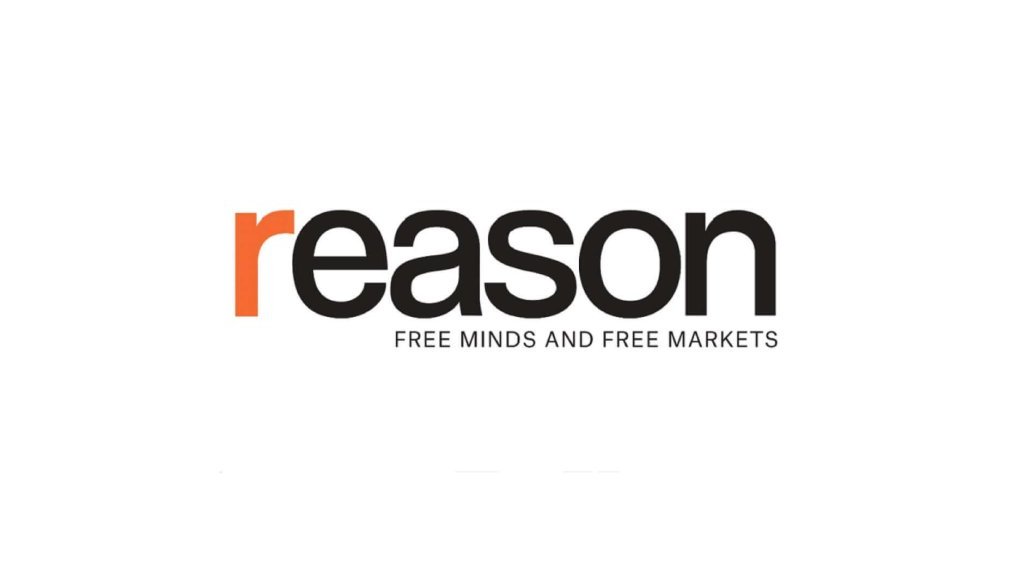Legislature May Choose What Viewpoints May or May Not Be Taught in Public Schools
From today’s decision in Walls v. Sanders, by Eighth Circuit Judge Steven Grasz, joined by Judges James Loken and Raymond Gruender (which I think is generally correct):
[T]he government’s own speech “is not restricted by the Free Speech Clause,” so it is free to “choose[ ] what to say and what not to say.” …
[Arkansas law, “Section 16,”] directs the Arkansas Secretary of Education to ensure the Arkansas Department of Education complies with Titles IV and VI of the 1964 Civil Rights Act by reviewing its communications and materials to see if they “promote teaching that would indoctrinate students with ideologies such as Critical Race Theory, otherwise known as ‘CRT’, that conflict with the principle of equal protection under the law or encourage students to discriminate” based on someone’s protected characteristics. The Secretary must also “amend, annul, or alter” any “rules, policies, materials, or communications that are considered prohibited indoctrination” and “review and enhance the policies that prevent prohibited indoctrination.” “Prohibited indoctrination” is defined as:
communication by a public school employee, public school representative, or guest speaker that compels a person to adopt, affirm, or profess an idea in violation of Title IV and Title VI of the Civil Rights Act of 1964, including that:
(1) People of one color, creed, race, ethnicity, sex, age, marital status, familial status, disability status, religion, national origin, or any other characteristic protected by federal or state law are inherently superior or inferior to people of another color, creed, race, ethnicity, sex, age, marital status, familial status, disability status, religion, national origin, or any other characteristic protected by federal or state law; or
(2) An individual should be discriminated against or receive adverse treatment solely or partly because of the individual’s color, creed, race, ethnicity, sex, age, marital status, familial status, disability status, religion, national origin, or any other characteristic protected by federal or state law.
Section 16 expressly excludes from its prohibition: (1) discussions about “[i]deas and the history of concepts described” in the “prohibited indoctrination” definition; and (2) discussions about “[p]ublic policy issues of the day and related ideas that individuals may find unwelcome, disagreeable, or offensive.” A teacher who violates Section 16 by engaging in “prohibited indoctrination” “could be punished (up to losing his or her license) by the State Board of Education.”
Students challenged Section 16 on Free Speech Clause, but the Eighth Circuit rejected that argument:
Though a listener’s right to receive information means the government cannot stop a willing private speaker from disseminating his message, that right cannot be used to require the government to provide a message it no longer is willing to say. After all, “[w]hen the go
Article from Reason.com

The Reason Magazine website is a go-to destination for libertarians seeking cogent analysis, investigative reporting, and thought-provoking commentary. Championing the principles of individual freedom, limited government, and free markets, the site offers a diverse range of articles, videos, and podcasts that challenge conventional wisdom and advocate for libertarian solutions. Whether you’re interested in politics, culture, or technology, Reason provides a unique lens that prioritizes liberty and rational discourse. It’s an essential resource for those who value critical thinking and nuanced debate in the pursuit of a freer society.




